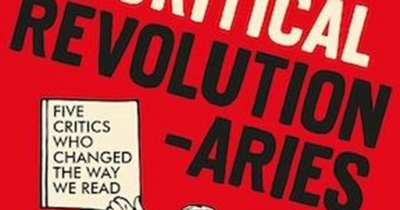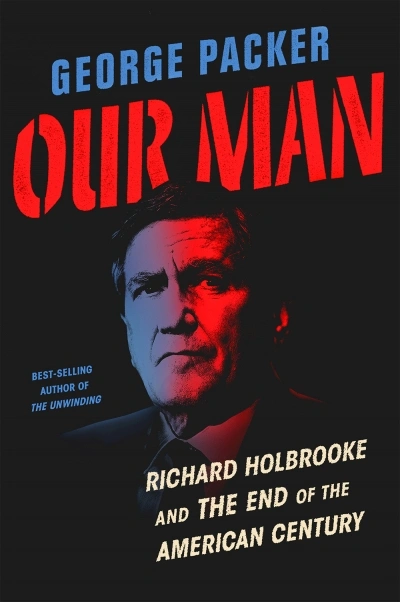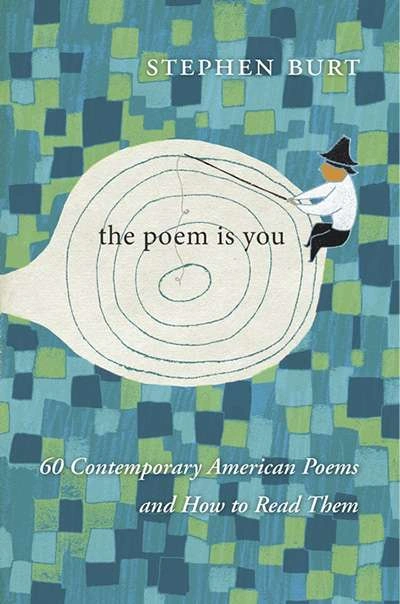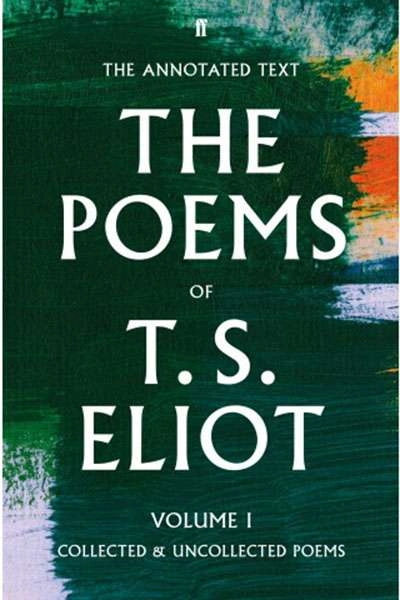Benjamin Madden
Critical Revolutionaries: Five critics who changed the way we read by Terry Eagleton
by Benjamin Madden •
Our Man: Richard Holbrooke and the end of the American century by George Packer
by Benjamin Madden •
Enlightenment Now: The case for reason, science, humanism and progress by Steven Pinker
by Benjamin Madden •
The Poem Is You: 60 contemporary American poems and how to read them by Stephen Burt
by Benjamin Madden •
Empire of Things: How we became a world of consumers, from the fifteenth century to the twenty-first by Frank Trentmann
by Benjamin Madden •
The Poems of T.S. Eliot edited by Christopher Ricks and Jim McCue & The Poems of T.S. Eliot edited by Christopher Ricks and Jim McCue
by Benjamin Madden •






